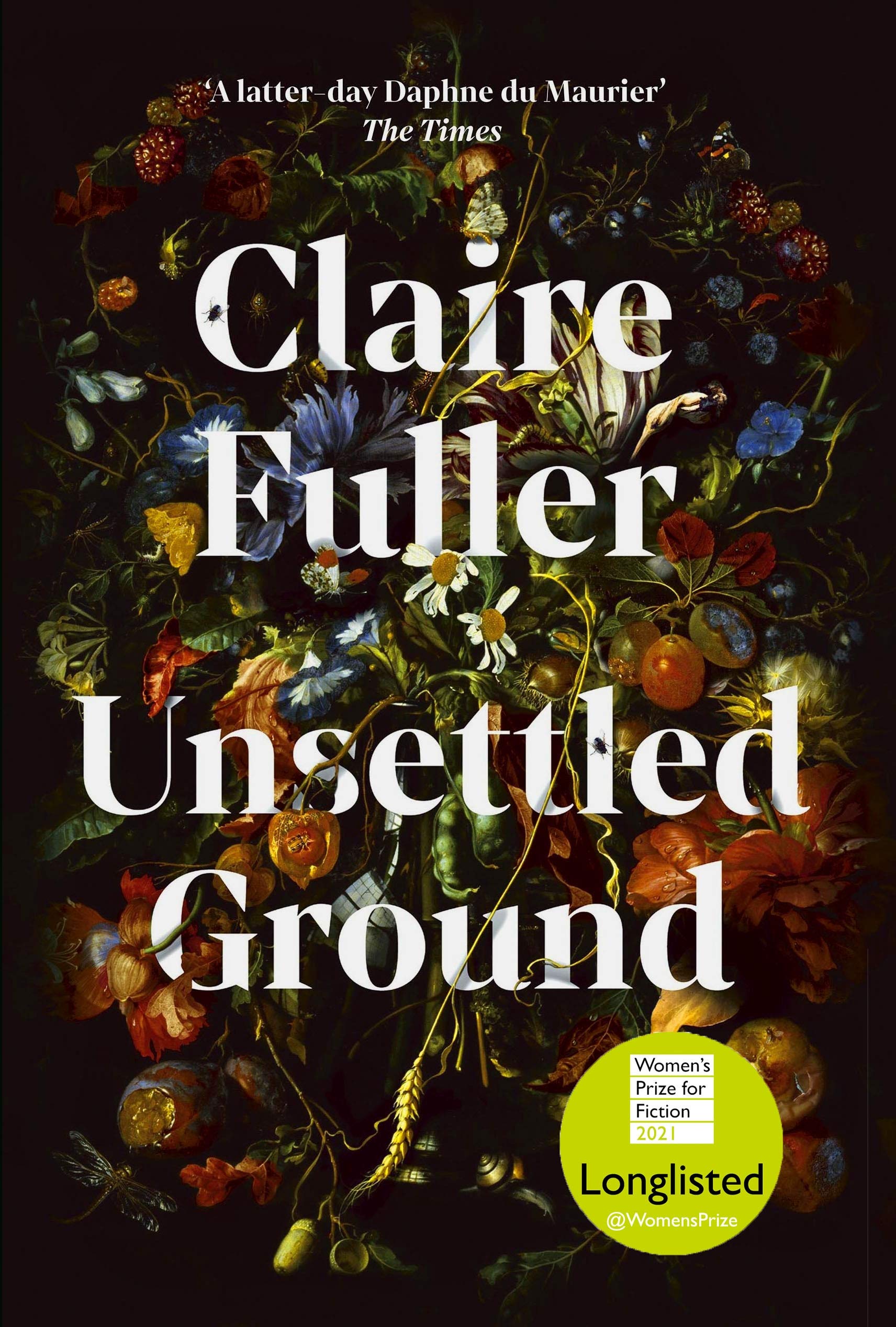
Fuller has always written about tangles of crumbling landscapes, creepy houses, and questionable social constructs, and here she dives deep into the nostalgic idea that filmmaker Adam Curtis refers to as The Myth of England, exposing its pale underbelly for what it is: a cruel and unforgiving class system that preys on the vulnerable.
Eccentric 51-year-old twins Julius and Jeanie are completely unequipped for the world, sheltered at home with their widowed mother Dot, who believes in this idyll of England, subsisting in a pretty but rundown cottage.
Their one escape plays up to a Cecil Sharp fever-dream with their at-home folk band, for which we get some lovely lyrics from Fuller’s musician son, Henry Ayling. The family makes a living from Julius’s sketchy handyman gigs, while the women tend vegetable patches and hens for eggs, the locals leaving coins in an honesty box for the produce — we are told here that people are not very honest at all. This foreshadows what is to come when their mother Dot dies, in the form of paperwork and snobbery in the village as their mother’s secrets come home to roost, leaving the twins in a terrible situation.
Fuller’s writing is not quite the same as in her other books; here, we get a subdued and quiet language, pushed down to its bare bones, in line with the empty and sparse conditions of Julius and Jeanie’s life — and maybe something to do with the book being finished in the solitude of the lockdown. She conjures that English idyll throughout, with calming descriptions of nature that then dip into the dark side, the soil turned putrid, a metaphor, perhaps, for the failures of England in recent times, the Green and Pleasant Land reduced to reams of unnecessary administration in ugly offices, and cups of tea in cold rooms that smell of herbs and rot.
But maybe that England never existed, and like one of Dot’s lies, Fuller pushes us to wake up from the dream and face reality. Reminiscent of Hilary Mantel’s Every Day is Mother’s Day, and more recently, Fiona Mozely’s Elmet, Fuller strips back the seemingly secure system that holds the country together to show how it so completely fails those who need it most. Fuller’s novel may unearth home truths in a rural village, but boldly reflects post-Brexit England and its growing poverty, both culturally and literally, revealing, indeed, unsettled ground.
Available At


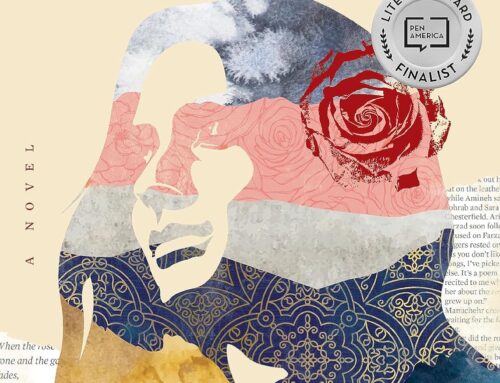
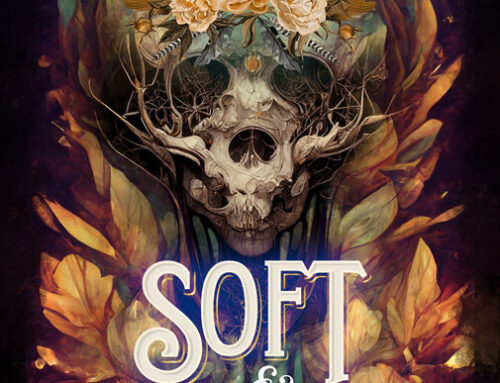
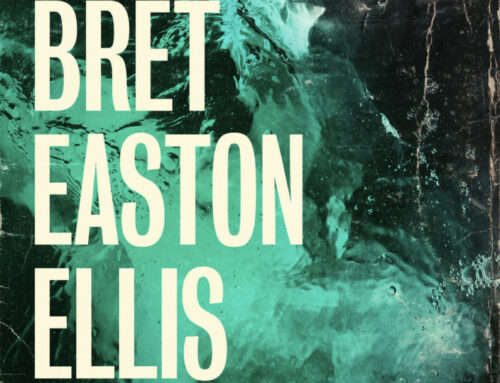

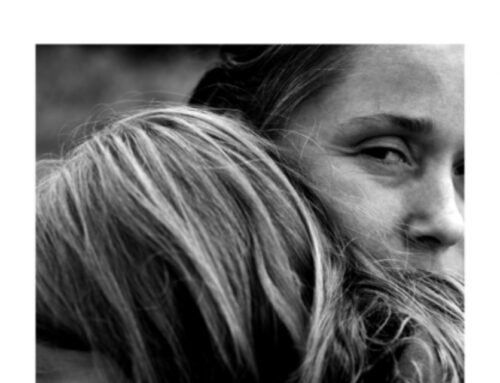
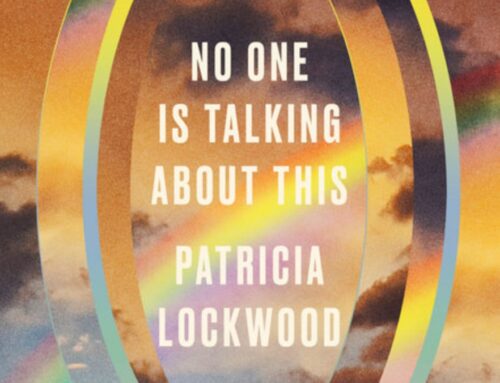

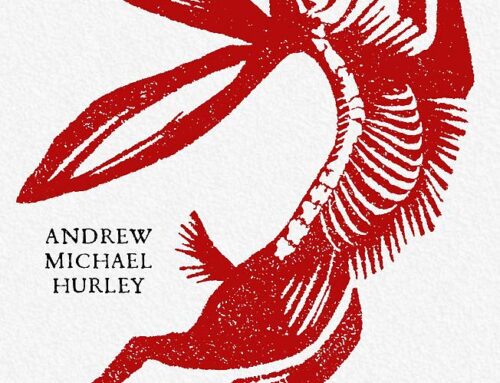
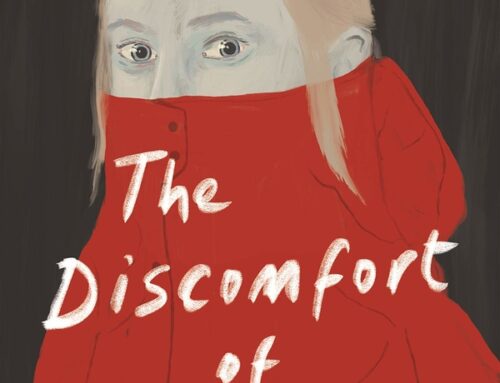
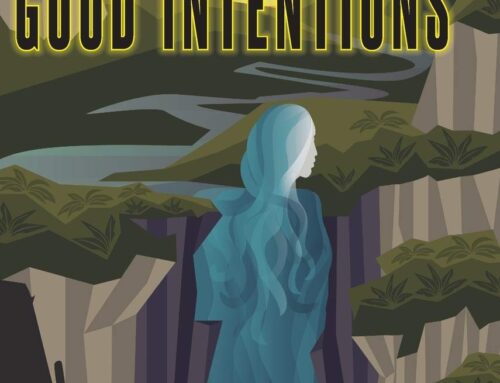
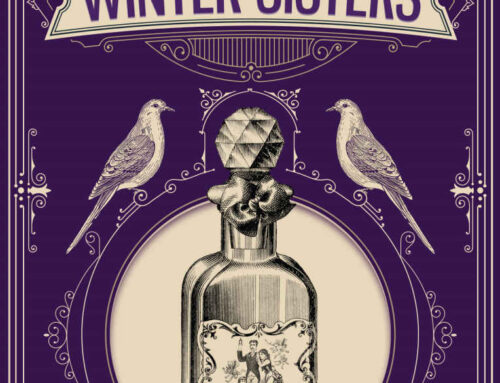
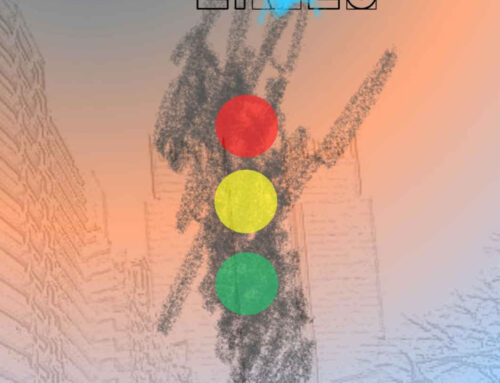
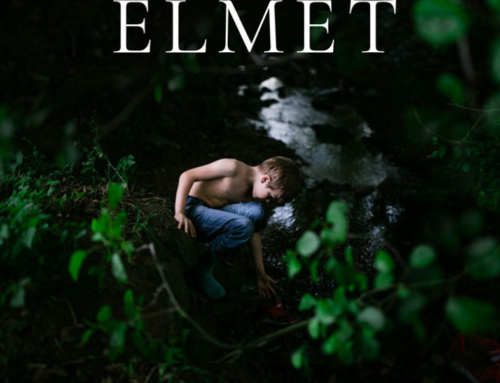
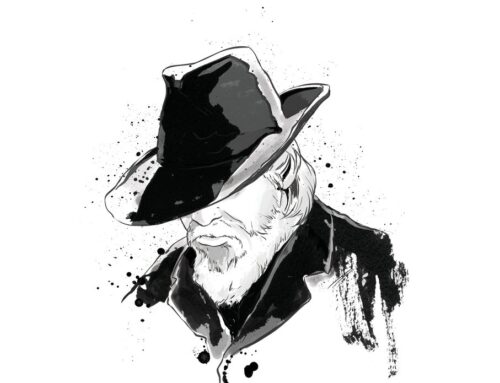
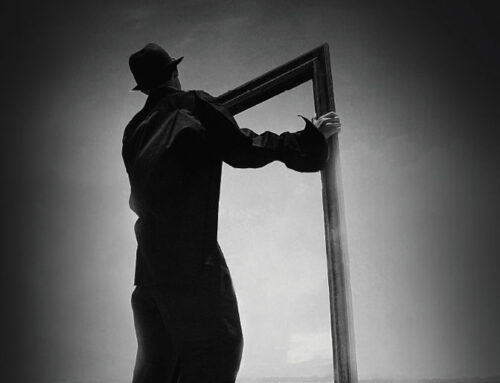
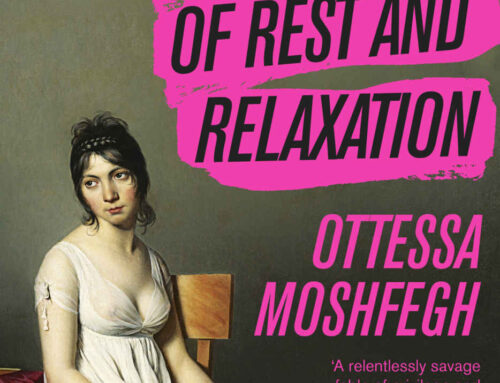
Leave A Comment